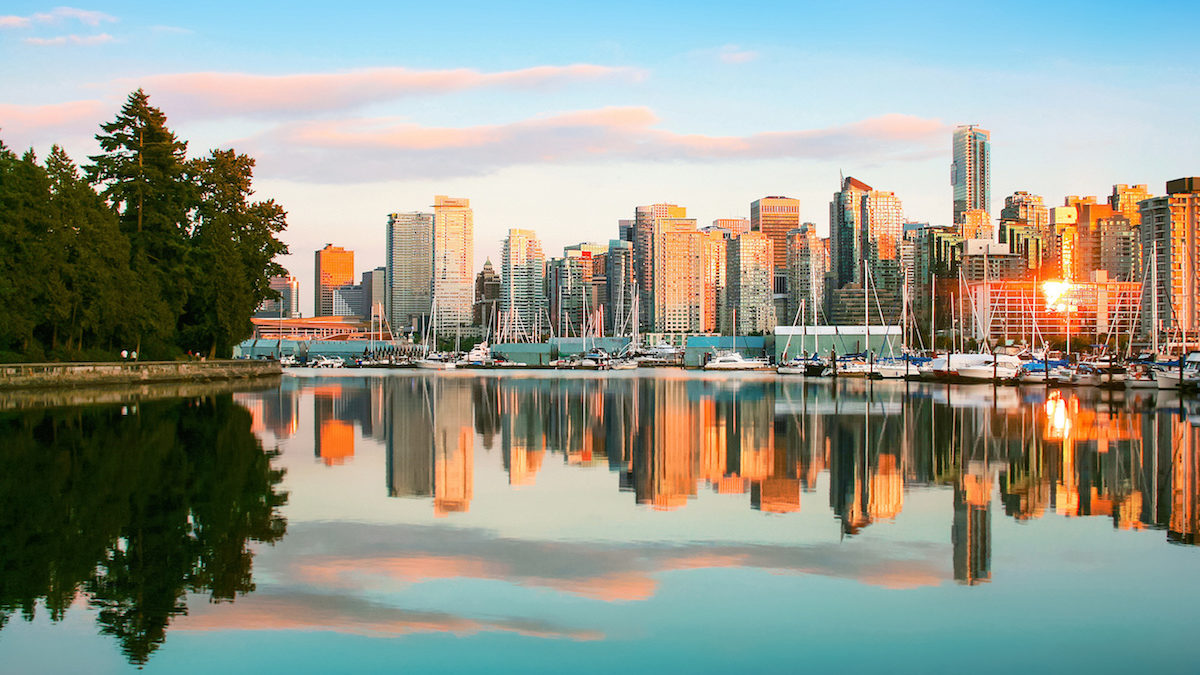7 of the Most Sustainable Cities in the World
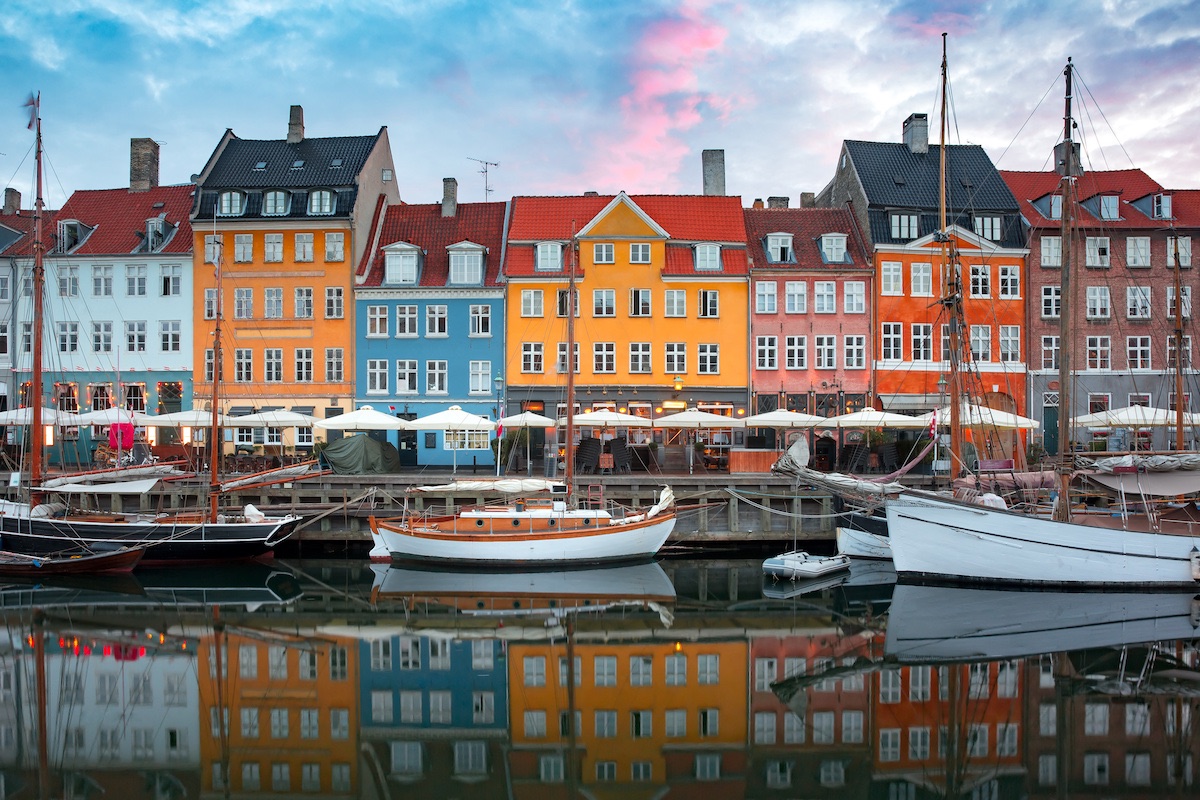
Cities have long been major contributors to climate change, consuming 78 percent of the world’s energy and producing more than 60 percent of greenhouse gas emissions according to the UN. This is despite taking up just two percent of the Earth’s surface.
But several cities are attempting to counter-act this damage, radically evolving the way they consume energy, bringing in huge swathes of green space, and educating their citizens on the importance of micro-sustainability, the individual behavioural changes that we can all make to shift the impending environmental doom clock. Here we highlight seven of those cities, from Scandi utopias to forested metropolises.
Copenhagen
Anyone who has been to Copenhagen will come back raving about the cleanliness of the streets, the friendly locals and the majestic architecture. They’ll probably also mention the bounty of cycle paths and green spaces within the city, from the magical King’s Gardens to the fascinating Botanical Gardens. Besides up-keeping these green oases, the city council has also made a number of environmental pledges including its goal of becoming the first carbon-neutral capital by 2025.
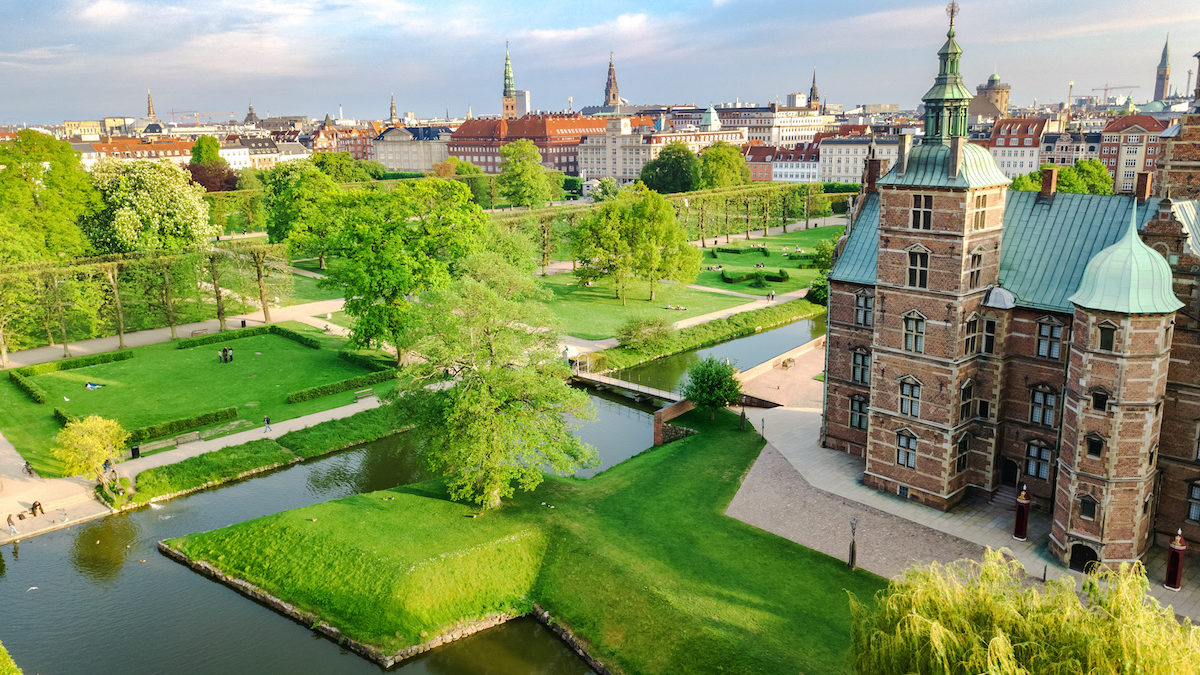
Bristol
The first British city to be named a European Green Capital in 2015, Bristol is home to many socially active and environmentally-friendly businesses from fellow B Corp brand Pukka Herbs to green energy group Electrocity, based in nearby Stroud. The city is also the birthplace of the National Cycle Network, a 13,000 km grid of cycling routes across the UK that started life as a path between Bristol and Bath.
Good air quality and stunning natural vistas beyond the city centre are a just reward then for a city that has made a commitment to environmentalism and sustainability part of its DNA.
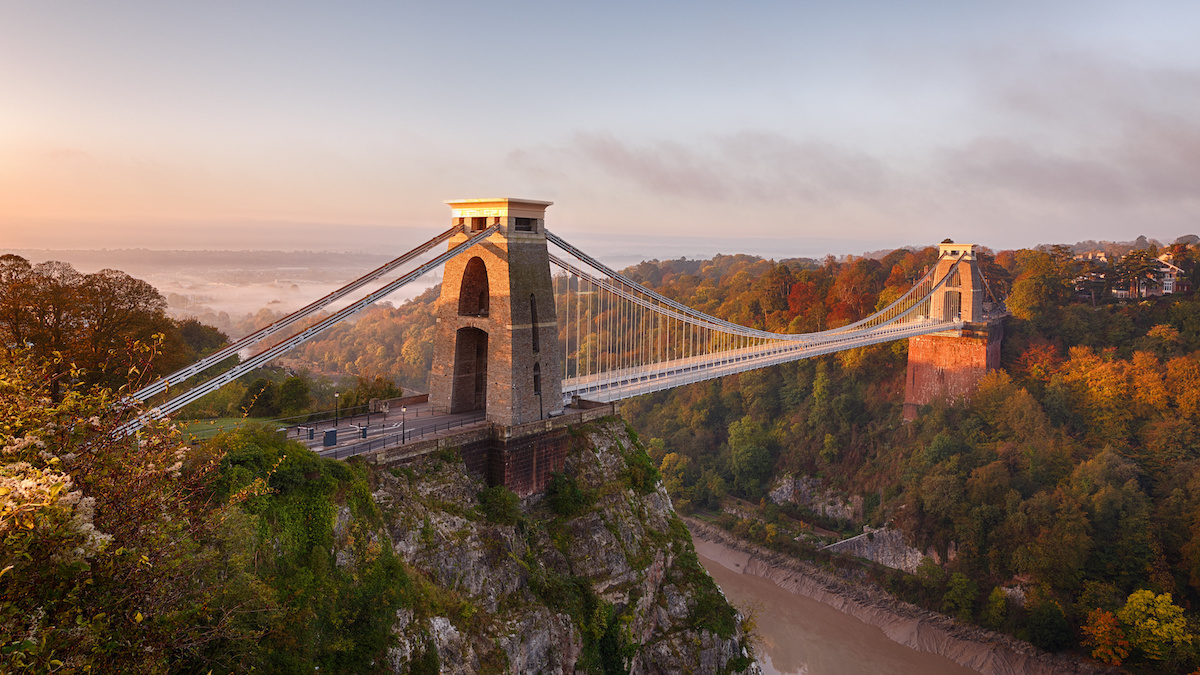
Brisbane
Recently announced as the host of the 2032 Olympic Games, Brisbane’s successful bid was based on a commitment to venue reuse, sustainability and economic stability, with the Games tipped to be the first zero-waste and carbon neutral Olympics in history.
Brisbane has long concerned itself with these issues anyway, embracing renewable energy sources and cycling initiatives, while also protecting the local habitat through a popular community litter-picking program.
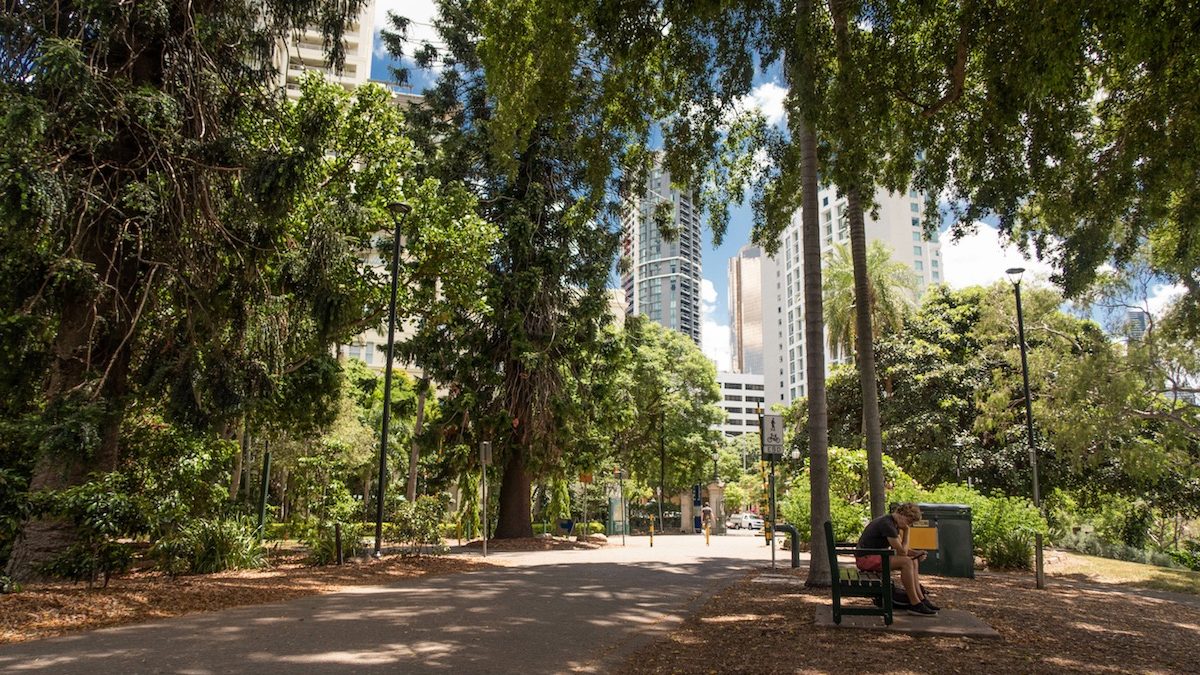
Madrid
Over 300,000 trees and 6400 hectares of green space make the Spanish capital one of the greenest cities in the world, and, of course, more greenery in the urban environment means more opportunities to reduce CO2 emissions and improve air quality. Alongside the already existing sprawl of glorious shrubbery, the city is also building a 75 km urban forest around itself, with nearly half a million new trees tipped to be planted, sucking up a whopping 175,000 tons of CO2 every year.
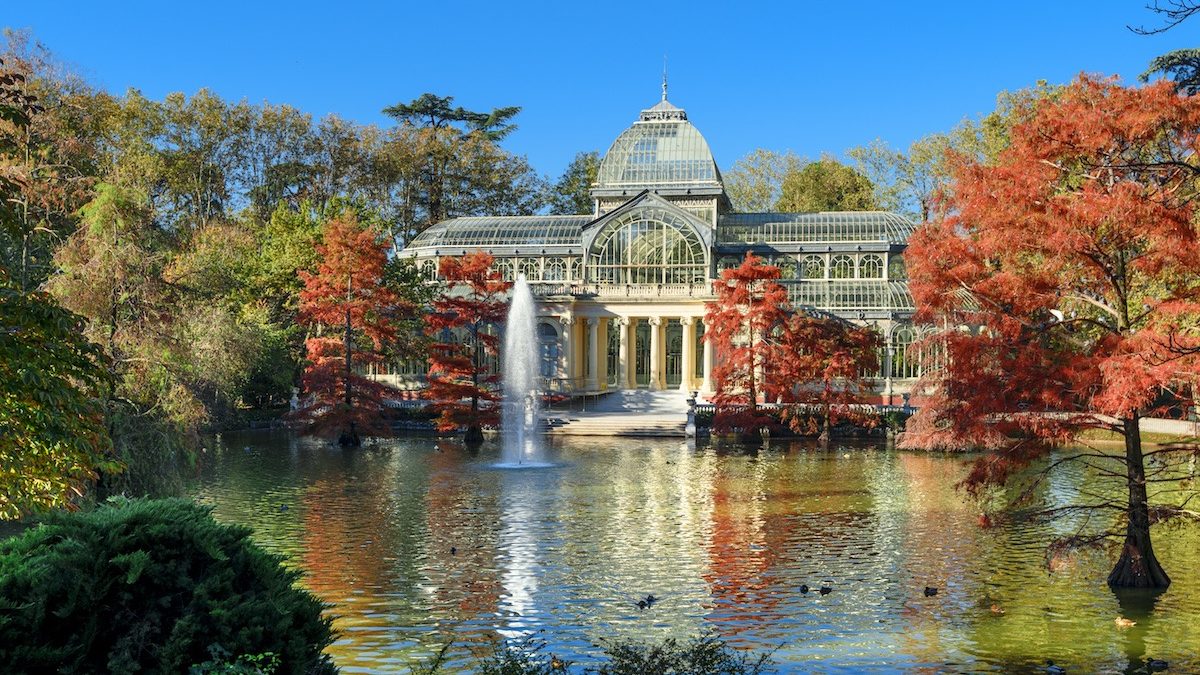
San Francisco
San Francisco has always had a pioneering spirit so it’s no surprise to see the city leading the way for an increasingly more environmentally conscious planet.
Recycling is required by law and plastic bags were banned in 2007 while the city diverts about 80 percent of its waste from landfills equalling out to more than 1.5 million tons every year (to put that in comparison, Chicago only diverts 10 percent). The city is also highly renowned for its organic market and farm-to-fork scene, which sees a number of the city’s Michelin-starred restaurants exclusively team up with farms in the surrounding valleys.
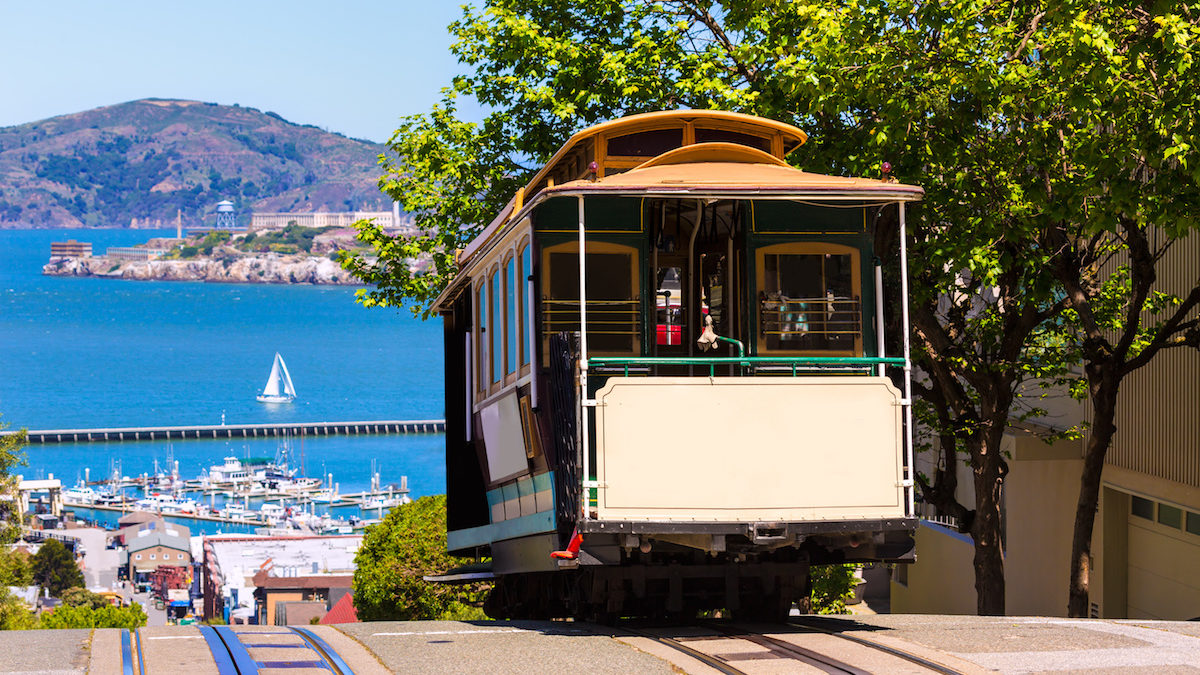
Frankfurt
One of a number of cities that have set themselves the goal of becoming the greenest, most sustainable city on the planet — a contest I think we can all get behind — Germany’s economic hub, Frankfurt, has a number of initiatives in place that ranks it among the very top. In its aim of reducing its CO2 emissions by 50 percent by 2030, for example, the city has created a giant solar panel grid on the roofs of 19 high-rise buildings, while also becoming the first city in Germany to reward electricity saving by its residents with a cash bonus.
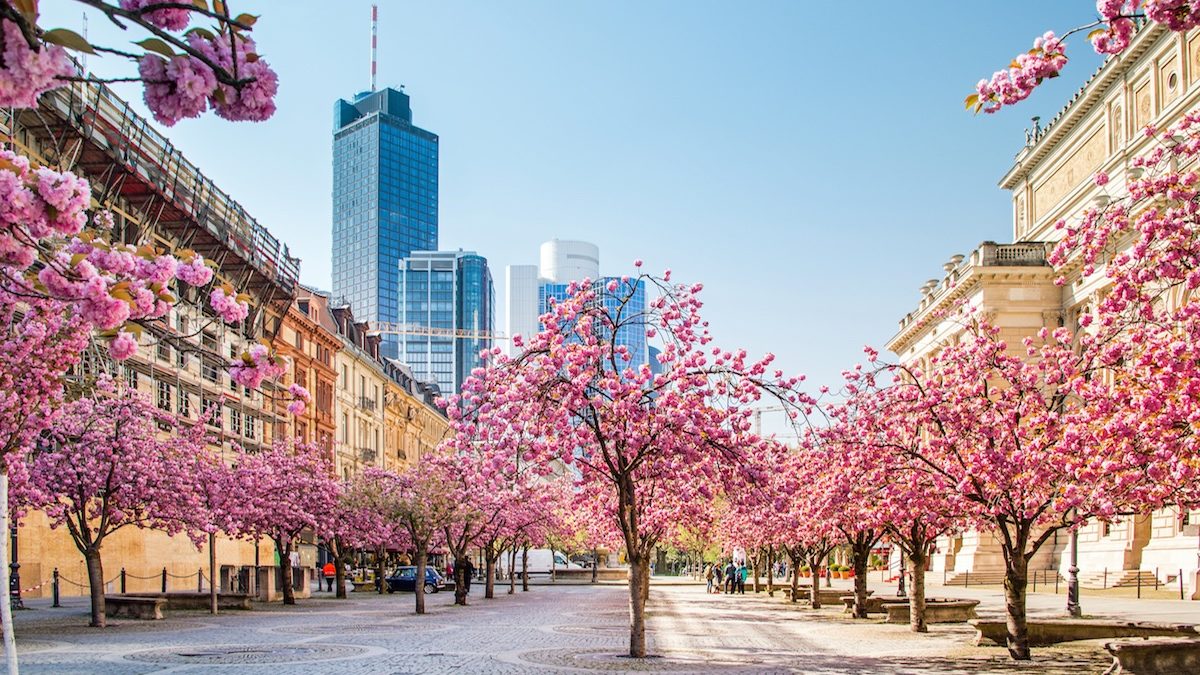
Vancouver
Consistently named as one of the top five cities in the world for quality of life, Canada’s third largest city Vancouver is a sustainable haven and home to one of the largest urban parks in North America, Stanley Park. It can also claim to have the lowest per-head greenhouse-gas emissions of any city in North America, likely a result of an innovative carbon tax on heating bills and petrol pumps, while in 2019 the city banned the use of plastic straws, polystyrene food packaging and free shopping bags.
Oh, and this eco-cred isn’t newly found. After all, this is the city that environmental organisation Greenpeace was founded in all the way back in 1969. No bandwagon-jumping to see here.
